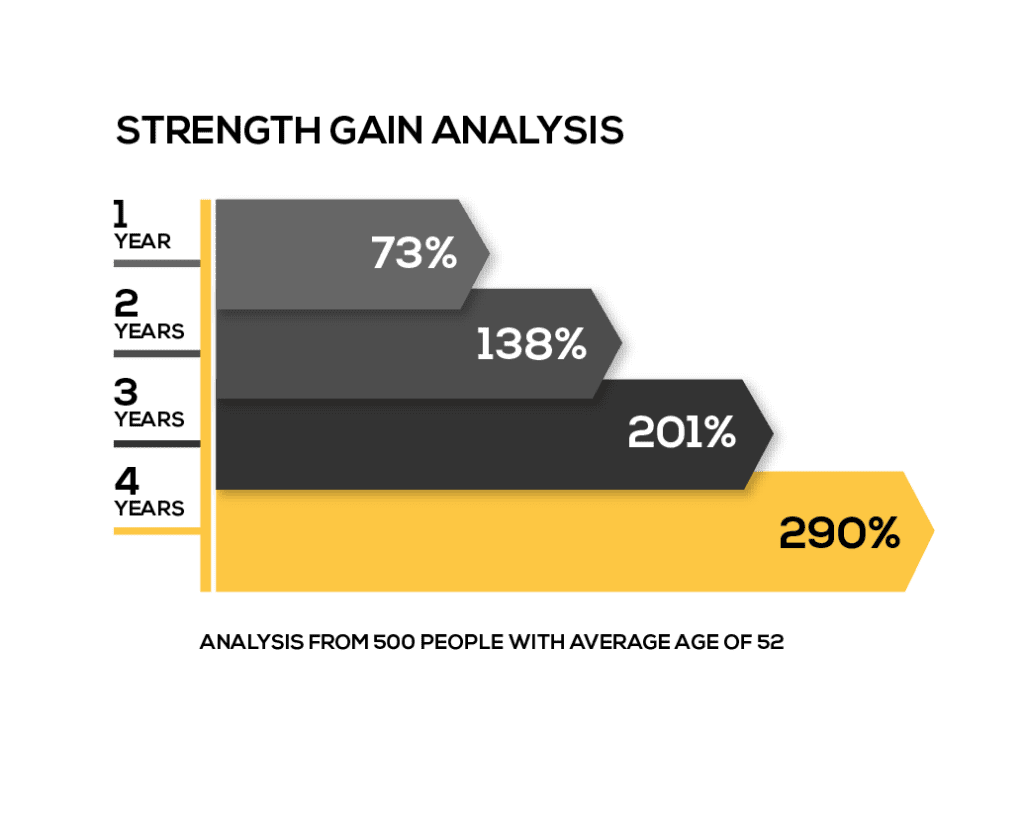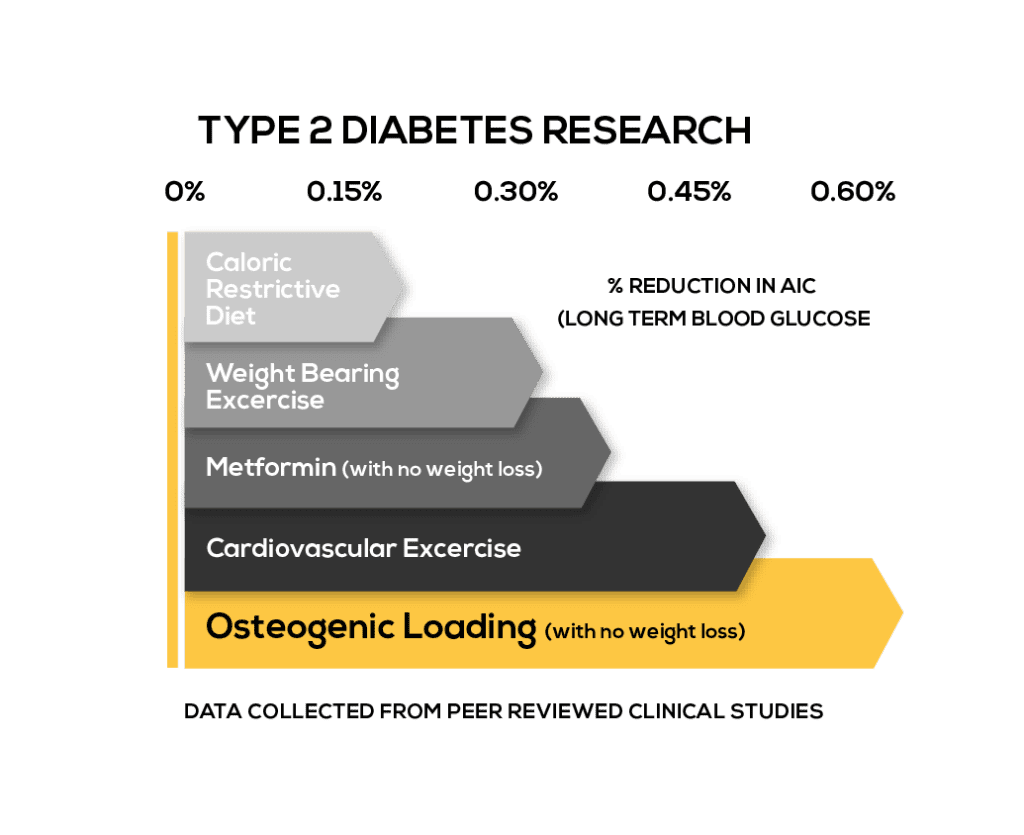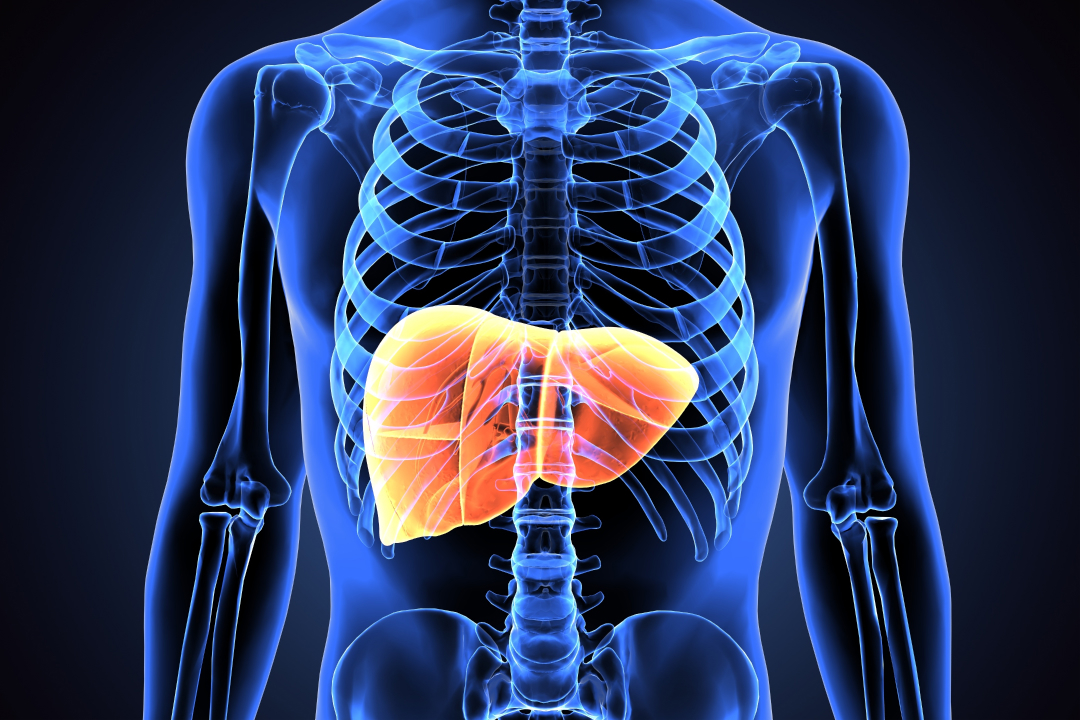Did you know that your liver’s health plays a crucial role in supporting strong and healthy bones? Yes, that’s right! Most people only think about the importance of calcium and vitamin D for bone health, but we shouldn’t overlook the liver’s critical role in this process.
And if you experience weight issues, digestive troubles, and fatigue, your bile, gallbladder, and liver could be totally overloaded.
Why Your Liver Matters for Bone Health
Your liver is a powerhouse of metabolic activities, crucial for detoxifying the body, metabolising drugs, and producing essential proteins. Among its numerous functions, it also plays a pivotal role in regulating the vitamins and minerals necessary for bone health, including the metabolism of vitamin D. Vitamin D is essential for calcium absorption in the bones, and without a healthy liver, our bodies struggle to maintain the required levels of this vitamin.
- The liver is also responsible for metabolism of fats, proteins and carbohydrates, converting them into energy and essential nutrients.
- The liver produces bile, which helps digest fats and absorb fat-soluble vitamins (A, D, E, K). By aiding in fat digestion, the liver supports the body’s ability to manage dietary fats efficiently. If you struggle maintaining a healthy weight, your liver may be responsible, and this can also affect your bone health.
- The liver helps maintain normal blood glucose levels by storing and releasing glucose as needed. This regulation is vital for energy balance and helping prevent conditions like hypoglycaemia and diabetes, which can compromise bone health.
- The liver detoxifies the blood by metabolising and removing harmful substances, including drugs, alcohol, and environmental toxins. This detoxification supports overall metabolic health, which directly affects bone health.
- The liver metabolizes hormones, including insulin, estrogen, and thyroid hormones, helping to regulate their levels in the body, which all directly influence bone health.
- The liver synthesises various essential proteins, including those involved in blood clotting and transporting substances. Proteins are essential for muscle and bone health.
- Storage of Vitamins and Minerals: The liver stores vitamins and minerals, including vitamins A, D, E, K, and B12, and the minerals iron and copper which are all crucial for bone health.
If the liver is compromised due to conditions like hepatitis, cirrhosis, or fatty liver disease, bile production and secretion can be affected, leading to malabsorption of nutrients, imbalances in intestinal flora, and increased risk of gastrointestinal issues such as bloating, constipation, and indigestion. This can stealthily erode bone density, leading to osteoporosis—a silent condition that leaves bones prone to fractures, underscoring the liver’s critical role in supporting bone health.
Strategies for Maintaining a Strong Liver and Bones
Balanced Diet: Incorporate foods rich in omega-3 fatty acids, antioxidants, and fibres. Fruits, vegetables, proteins, and whole grains support liver health and, consequently, bone health.
Moderate Alcohol Consumption: Excessive alcohol intake can lead to liver damage, affecting its ability to manage bone health. Moderation is the key.
Regular Exercise: Regular exercise plays a vital role in enhancing liver health by reducing liver fat, improving insulin sensitivity, aiding in weight management, decreasing inflammation, boosting antioxidant defences, and improving blood flow. These benefits collectively help in preventing and managing conditions such as non-alcoholic fatty liver disease, while also lowering the risk of obesity and type 2 diabetes, which are closely linked to liver issues and poor bone health. By incorporating a mix of activities including resistance training, flexibility exercises and cardio exercise into your lifestyle, you can significantly support your liver’s health and function.
This is where OsteoStrong® steps in. OsteoStrong® improves strength and glycaemic blood control – by emulating high impact/heavy weightlifting, OsteoStrong® sessions increase muscle strength significantly better than traditional exercises.
In an OsteoStrong® study of 500 members aged over 52, the average strength gain was 290% over 4 years.

OsteoStrong® sessions also improve glycaemic control in older adults in just 24 weeks.
Enhancing blood sugar control is key to protecting the liver. It prevents fat buildup, improves the body’s response to insulin, reduces inflammation, stops harmful scar tissue from forming in the liver, and helps keep cholesterol levels in check. This overall helps avoid liver disease and helps prevent diabetes.

Vitamins & Minerals: Test your levels and seek medical guidance to ensure adequate intake of vitamins and minerals. It’s always best to obtain these directly from food sources through a balanced diet, as nutrients in their natural form are often more effectively absorbed and utilised by the body. Plus eating local and fresh produce aligns with the natural cycle of your body’s nutritional needs, providing seasonally appropriate nutrients.
However, older individuals, particularly those with dietary restrictions or decreased appetite, may find it challenging to meet their nutritional requirements solely through food. In such cases, supplements can play a vital role in filling nutritional gaps and ensuring adequate intake of essential vitamins and minerals, supporting overall health and well-being. For essential liver health these should include; Vitamins A, C, D, E, calcium, iron, Riboflavin (Vitamin B2), Vitamins B6 & B12, Zinc and Selenium.
It is important to recognise that Recommended Dietary Allowances (RDAs) are set at levels to prevent deficiencies and illnesses, not necessarily to optimise bone or muscle strength, which may require higher intake levels. Consulting with an integrative healthcare specialist can help tailor your nutritional needs to support your unique health and wellness goals.
Avoid Toxins: Limit exposure to environmental toxins and chemicals, which can be harmful to your liver. Excessive consumption or improper processing of vegetable oils can introduce toxins like trans fats, PUFAs, pesticide residues, oxidized lipids, and phthalates, potentially harming liver function. Canola oil and highly processed vegetable oils are examples of bad oil choices for inflammation, oxidation, liver and metabolic health. Cooking with cold pressed oils like avocado, olive, coconut, organic grass fed butter or ghee, grass fed beef tallow (don’t cook with virgin olive oil) – look for my post on this site on “Healthy and Unhealthy Oils” coming soon.
Regular Check-ups: Regular health check-ups can help detect liver issues early, preventing long-term complications.
The Bottom Line
A healthy liver is more than just a detox organ; it’s a key player in maintaining strong bones and overall well-being. By adopting liver-friendly lifestyle habits, you’re not only safeguarding your liver but also ensuring that your skeletal system remains robust.
Remember, taking care of your liver is taking care of your entire body. Let’s embrace a holistic approach to health, prioritising both liver and bone health for a happier, healthier, longer life!



